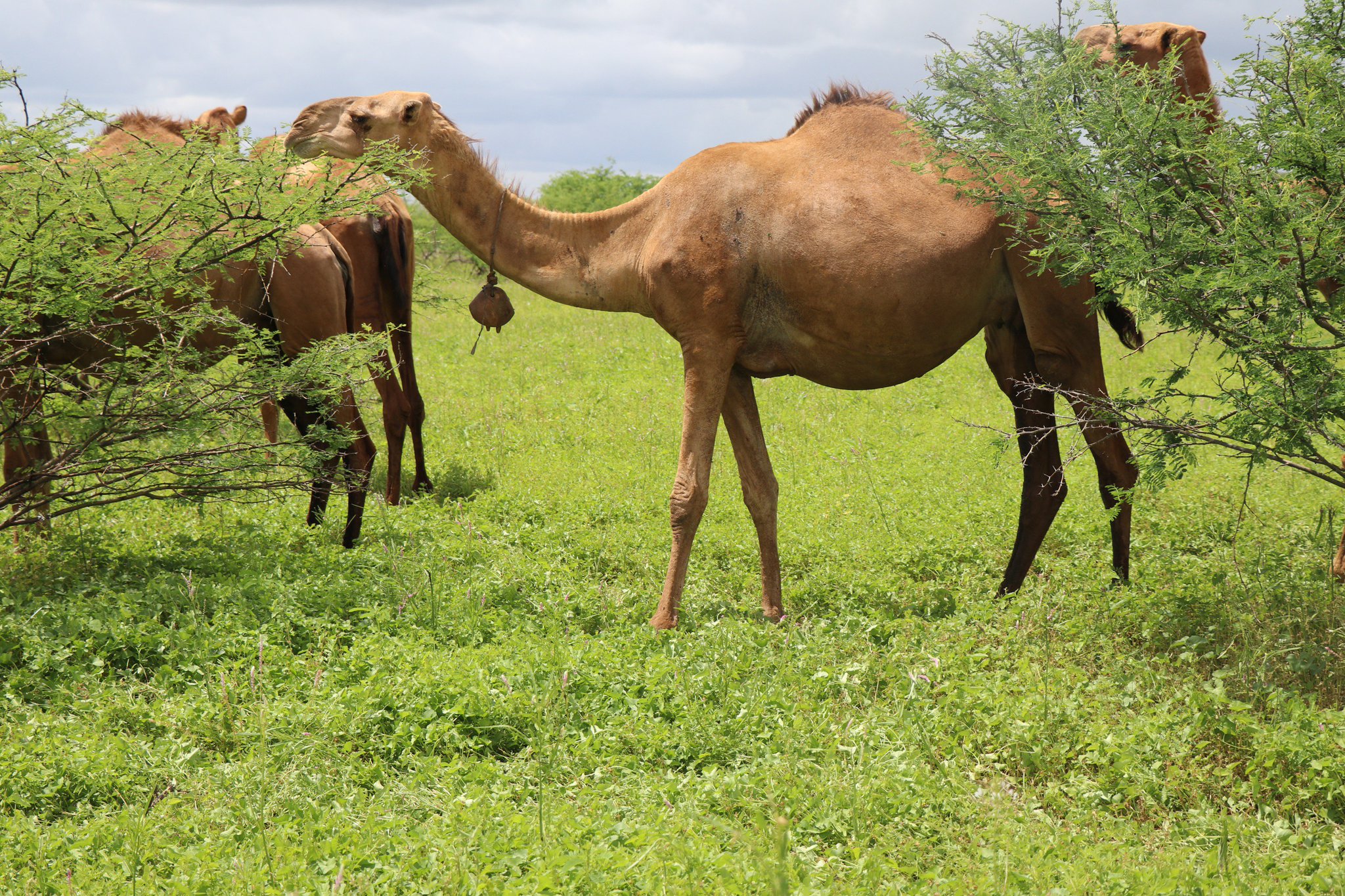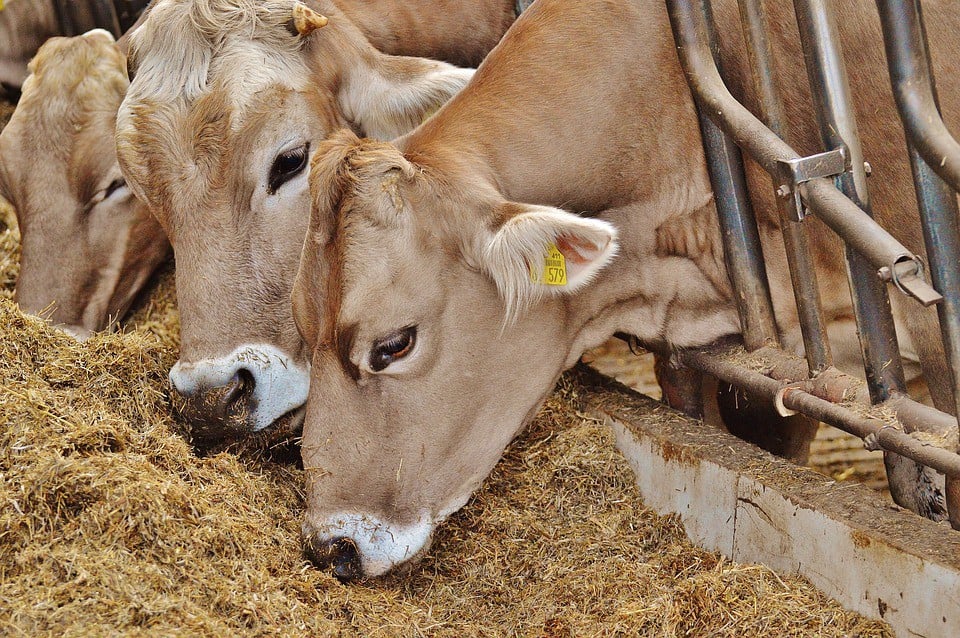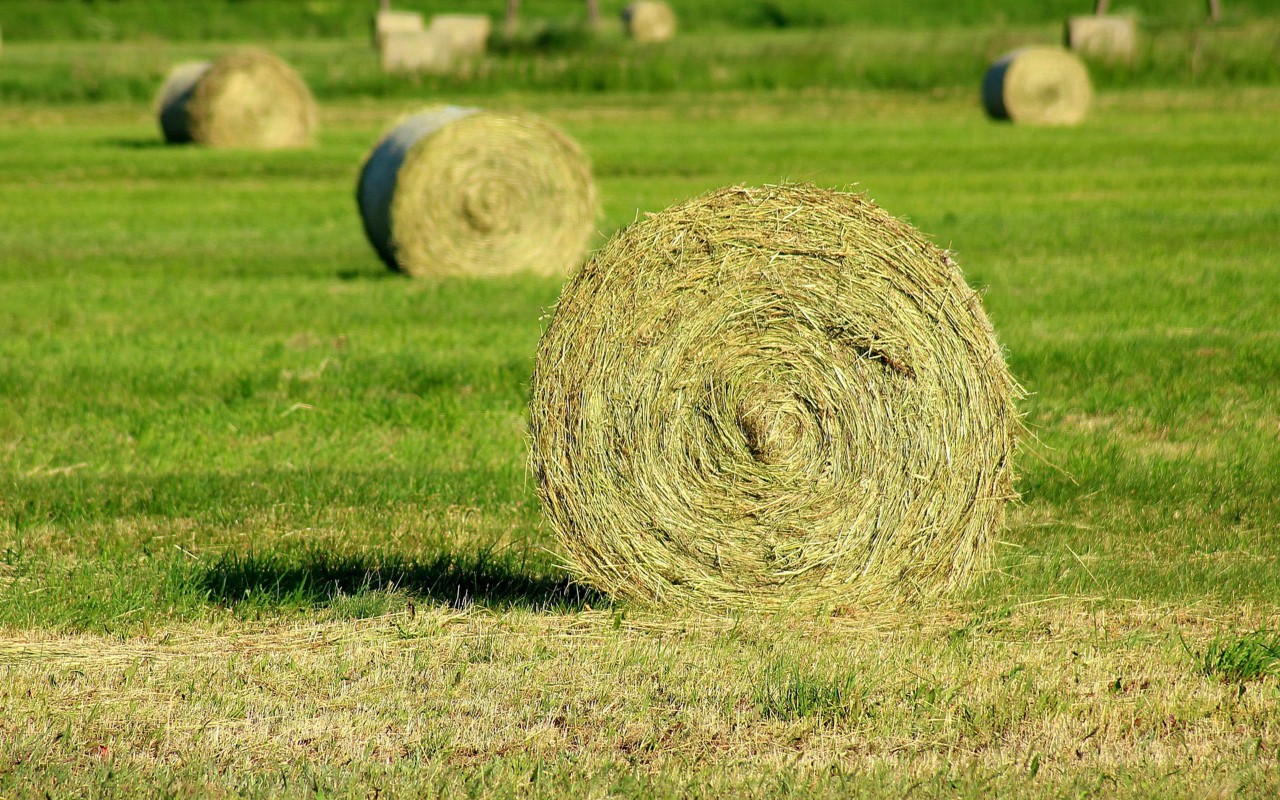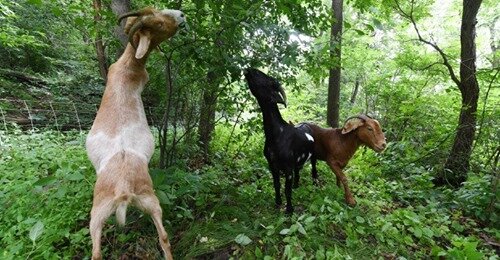Ethio-Feeds
Feeds Composition Database

What is Ethio-Feeds?
Centralized
Feed Composition Database which serves as a freely-available, centralized resource for up-to-date nutrient composition data for feedstuffs commonly fed to livestock.
Goal/Outcome
Provide feeds information publicly which can then be used by different stakeholders such as extension and development workers, researchers and feed-manufacturing communities for variety of reasons which may include designing cost effective and nutritious feed for livestock in Ethiopia.
Features
Feed Categories Management. Feeds Management. Nutritional Variables Management. Submissions & Samples Management. Submission Approvals Workflow. References and source tracking. Data aggregation, import and exports.
Major Feed Categories
Compunded Feeds
Fodder that is blended from various raw materials and additives. These blends are formulated according to the specific requirements of the target animal. They are manufactured by feed compounders as meal type, pellets or crumbles.
Feed valuesBrowse Spp
Browse species are useful sources of animal feeds, they provide green forage for animals at times when grass and herbaceous species are of low nutritional value.
Feed valuesAgro-Industrial By Products
Agro-industrial by-products (AIBP) are mostly derived from agricultural processing industries such as cereal grain milling, oilseed extraction, brewery, malt production, fruit and vegetable processing. These represent a vast potential source of animal feed.
Feed valuesCrop Residues
Crop residues are the fibrous parts of crops that remain after the parts edible by human beings are removed. These feed resources are used as livestock feeds since time immemorial.
Feed valuesForages
Forages are the wide selection of plants the animal has to choose from when grazing. These could be native grasses, legumes, groomed pastures or woody forbs, and the wide range of plants available in a well-balanced pasture.
Feed valuesHerbaceous Spp and Natural Pasture
Range forage usually consists of a mixture of herbaceous species, mainly native grasses and legumes, but often includes an admixture of sedges, rushes, and other grasslike plants, of weeds—the forbs of the scientist—and sometimes of woody plants as well.
Feed values







